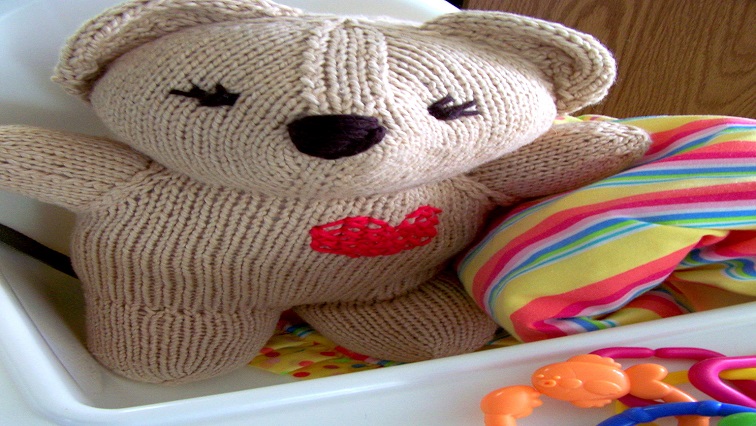A first-response organisation for children who have been raped and abused has run out of money due to the impact of COVID-19. The small businesses which have supported Bobbi Bear over the past 20-years are no longer able to do so. So, while Bobbi Bear’s caseload has risen significantly due to the pandemic, it has run out of money. Unable to contemplate closing their doors, they are hoping for a miracle.
The home of the Bobbi Bear victims is full of toys and colourful drawings. A warm environment belies the difficulties the organisation is currently facing.
Director, Eureka Olivier, says some companies that used to support them with donations, have closed down due to COVID-19. She says their workload has in the meantime doubled.
“Bobbie Bear is in crisis, we are. What has happened is we found in the last 14 months since it started all the small companies that were helping us that was the money that kept our doors opened. The bread, milk money, the lights money, phone and to pay for petrol for cars that money has dried up and we had a staff meeting this morning and what has happened is we are still working our cases since this last COVID year has doubled, really doubled because what has happened dads and mothers are now unemployed, they have been retrenched, domestic violence happens.”
Olivier says she had told her team they do not have a cent left. She says they are continuing their work in the hope of a miracle.
“For all these years we have managed to maintain that. this is the first year where I had to call the staff meeting this morning and say we have run short, we got no more money left, we do not know what we are going to do. Yes COVID has affected us and if I look at charities around us, so many NGOs have closed their doors and we have to and some of my staff are paying out of their pockets for taxi fares to help families to get to a police station and a hospital when there is a rape or there is a domestic violence case because you cannot say let’s cut our cases – How do you cut rape? How do you cut domestic violence? How do you cut this, you can’t.”
The staff at Bobbi Bear say one of the worst cases they have dealt with is the gruesome rape of a nine-month-old baby. Nontando Sdudla Maphumulo says the coronavirus has made it difficult to comfort victims while trying to maintain social distancing.
“It is really difficult but we try because we are passionate about it. Although we are trying our best to abide by the regulations of COVID-19, if the child has been raped because sometimes you end up grabbing the child and hugging the child, comforting the child, make sure the child is a bit calm then you can start questioning the child about what had happened and also the family. The worst case was a nine-month-old baby girl, we were called by anonymous since we are working with the community, police stations, churches only to find out a nine-month-old baby girl was raped.”
The organisation uses teddy bears to gather evidence from children about what happened to them. Rather than a staff member risking putting words in a child’s mouth, the victims are asked to draw on the teddy bear what happened to them.
Mildred Ngcobo says part of their budget goes to making sure there are enough teddy bears.
“Our children are scared to talk to the police that’s why the organisation created the bear because they do not have to touch on their bodies, because the police will ask what happened, the child will have to show what happens that is secondary trauma. The child has to explain to the bear, and draw to the bear and put the plaster showing whatever incident that has happened, explain to a bear what happened and the police will be able to follow on that. We start with the case from the police station with two bears and all the way from there we go to the courts itself but with the bear children do not have to show or touch their body to explain what happened.”
The organisation also gives permanent shelter to some children. In a single month, they are called to attend over 5 000 cases throughout KwaZulu-Natal.
#sabcnews #sabckzn A first response organization for children who have been raped and abused has run out funds due to the impact of Covid-19. Bobbi Bear’s Eureka Olivier says their cases have doubled. pic.twitter.com/CIJNetD32z
— Nonkululeko Hlophe (@Leko3) June 24, 2021






